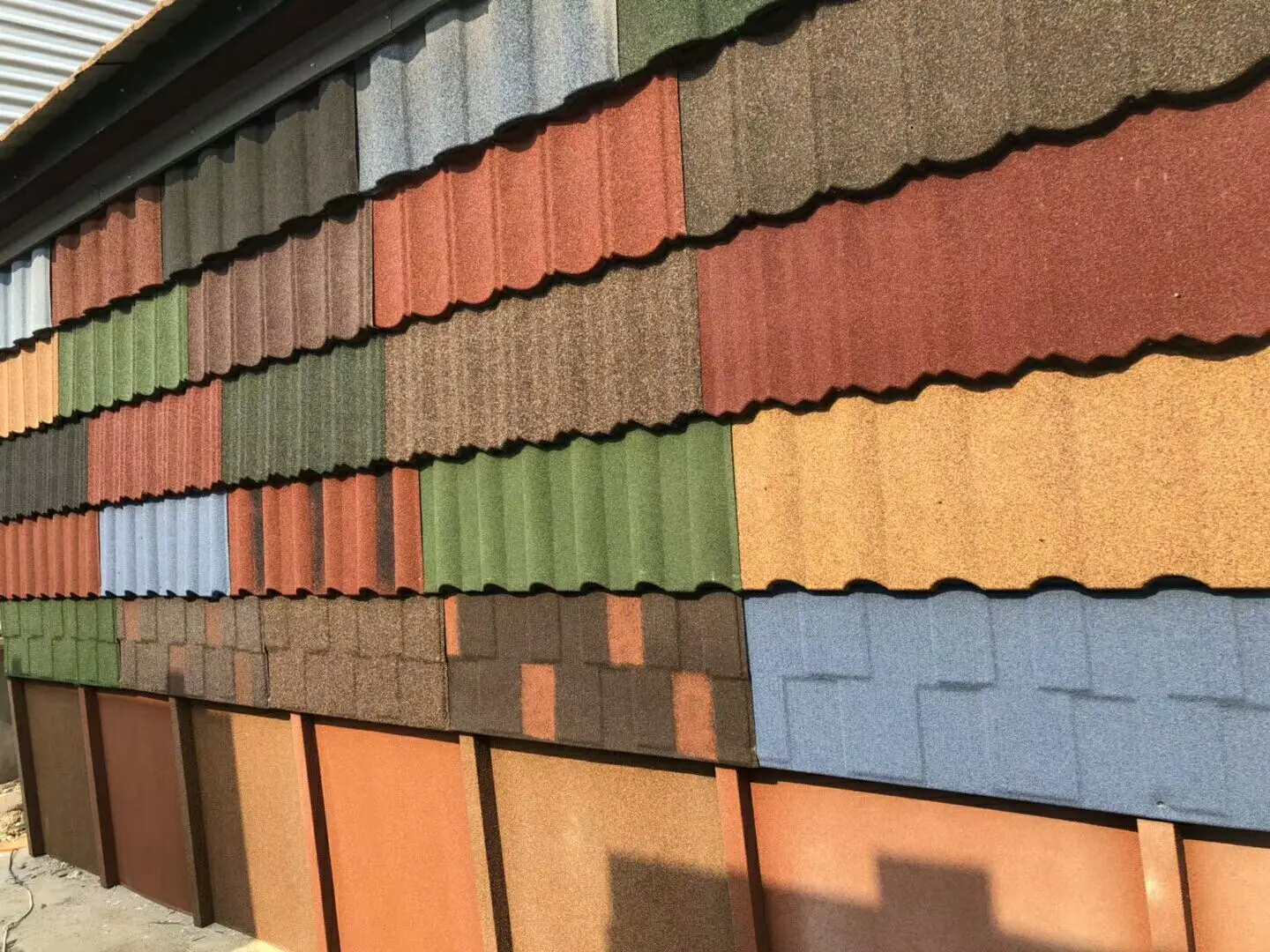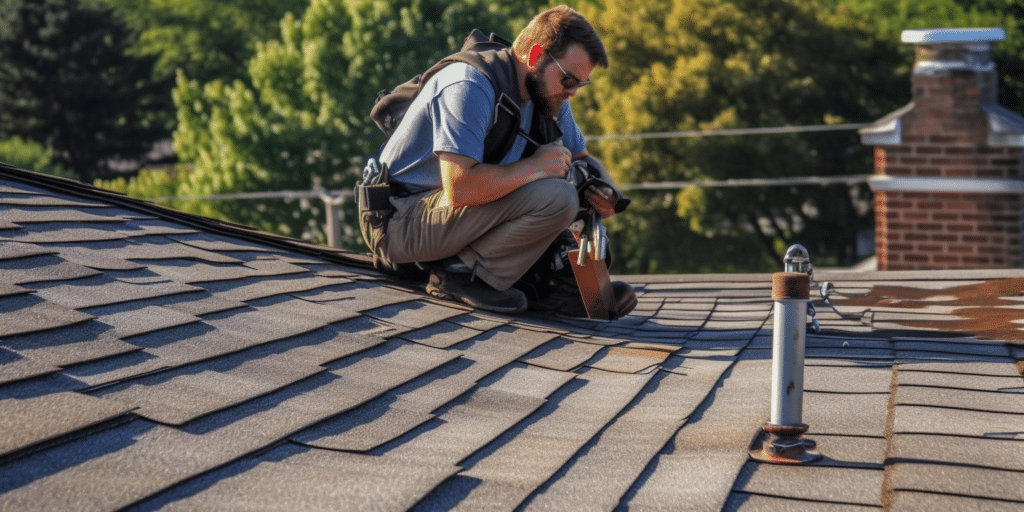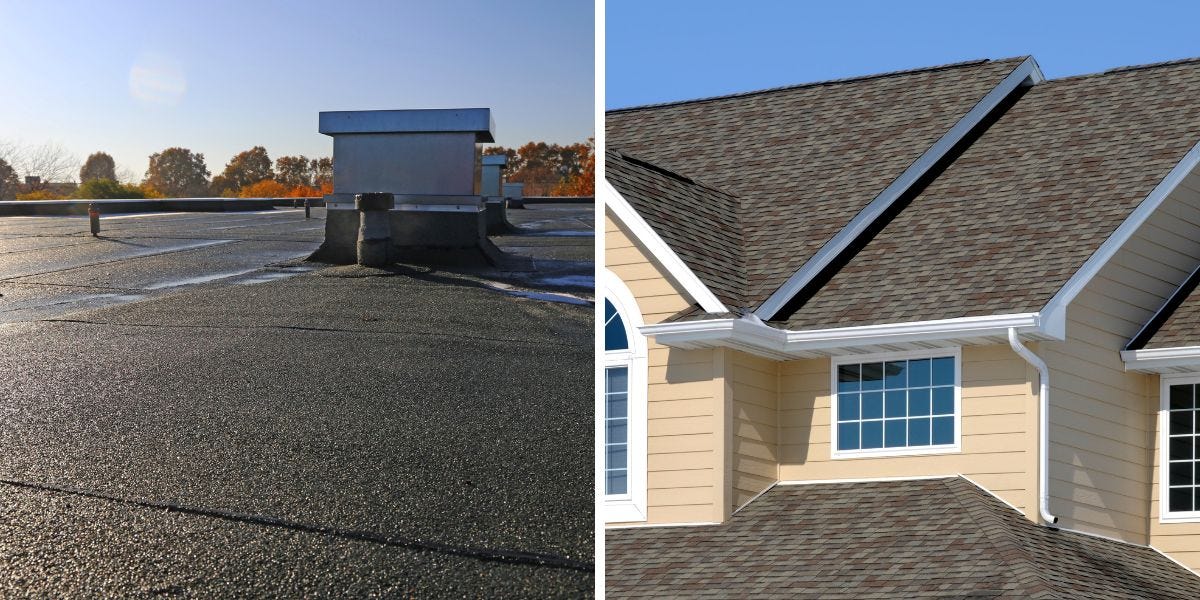When it comes to roofing, whether for your home or a commercial property, it’s important to understand that not all roofs are created equal. Residential and commercial roofing serve different purposes and have distinct characteristics. In this guide, we’ll explore the key differences between the two, helping you make informed decisions for your roofing needs.
Residential Roofing: Protecting Your Home
Residential roofing primarily serves the purpose of protecting homes and providing shelter for families. Here are some essential characteristics of residential roofing:
1. Roofing Materials
Residential roofs commonly use materials such as asphalt shingles, wood shakes, clay tiles, or metal roofing. These materials are chosen for their aesthetics and suitability for residential settings.
2. Roof Pitch
Residential roofs tend to have steeper pitches to enhance water drainage and curb appeal. This steep slope allows for a wide variety of architectural styles and designs.
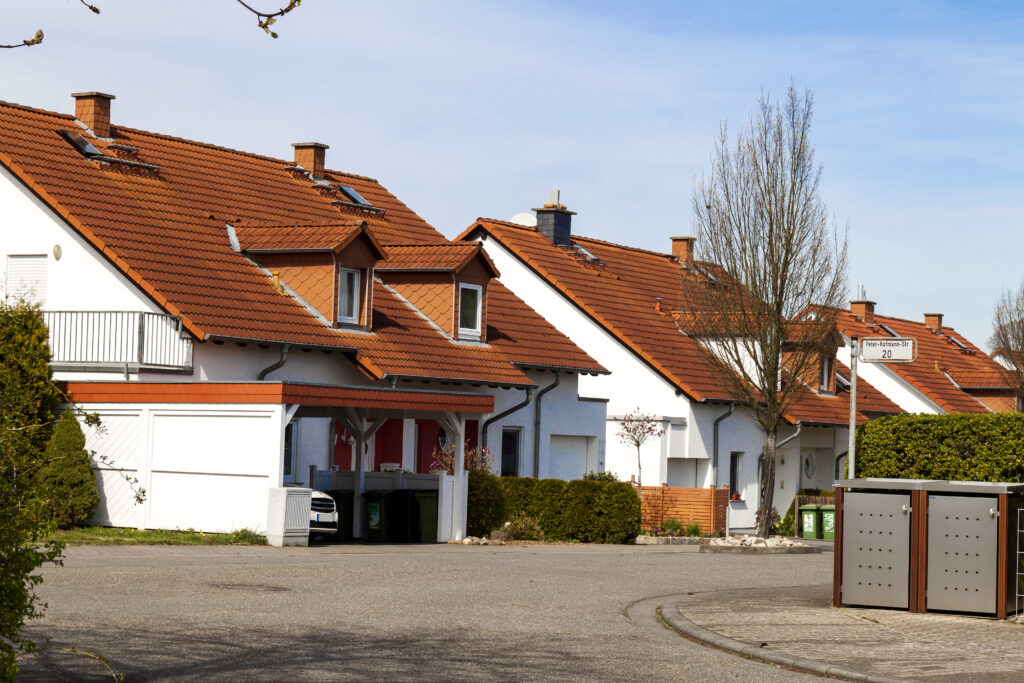
Commercial Roofing: Protecting Businesses
Commercial roofing serves the needs of businesses and commercial properties. Here are the primary distinctions of commercial roofing:
1. Roofing Materials
Commercial roofs often utilize materials like TPO (Thermoplastic Olefin), EPDM (Ethylene Propylene Diene Monomer), or modified bitumen. These materials are selected for their durability and energy efficiency, making them suitable for larger roofs.
2. Roof Design
Commercial roofs typically have a flatter or low-slope design. This design choice allows for the installation of HVAC units, solar panels, or other equipment commonly found on commercial buildings.
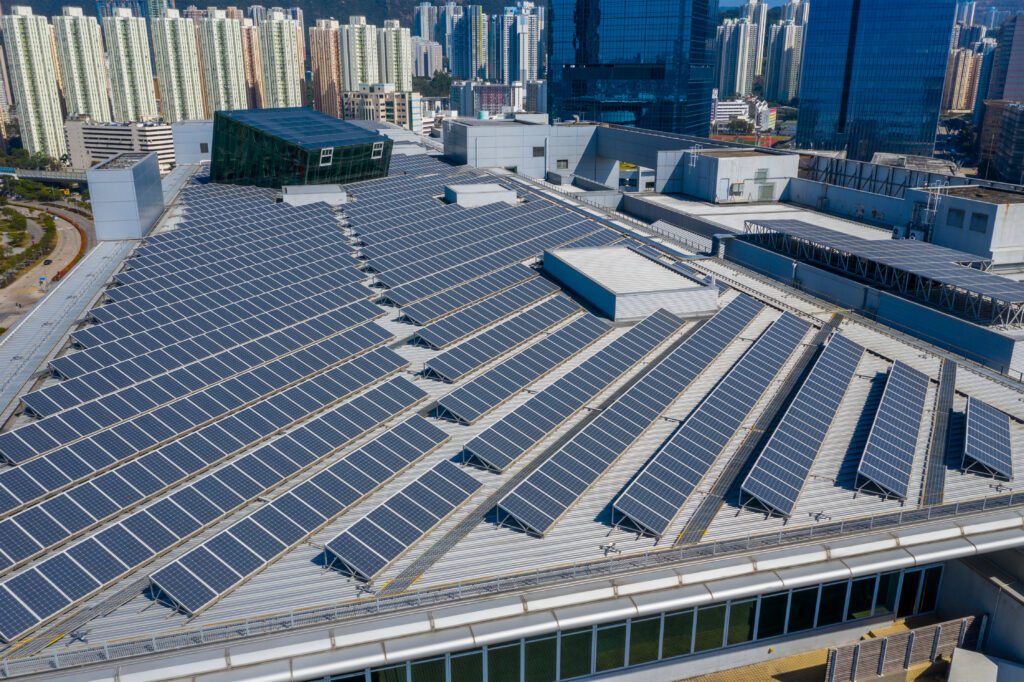
Maintenance and Repairs
Maintenance and repairs for residential and commercial roofs also differ:
- Residential Roofing: Maintenance usually includes inspecting and repairing individual shingles or tiles. Repairs are often focused on localized damage.
- Commercial Roofing: Maintenance involves checking large roof areas for any signs of wear, tear, or leaks. Repairs may require specialized equipment and expertise.
Regulations and Codes
Residential and commercial roofing are subject to different regulations and building codes:
- Residential Roofing: Building codes focus on safety and aesthetics, with an emphasis on protecting homeowners and their families.
- Commercial Roofing: Building codes are more stringent and may include requirements for fire resistance, environmental considerations, and accessibility for maintenance personnel.
Cost Considerations
Costs for residential and commercial roofing vary significantly:
- Residential Roofing: Generally, residential roofing costs are lower due to the smaller size of the projects and the use of less expensive materials.
- Commercial Roofing: Costs for commercial roofing are typically higher due to the larger roof area, more complex designs, and the use of specialized materials.
Making the Right Choice
Whether you need residential or commercial roofing, it’s essential to choose a roofing contractor with expertise in the specific type of roofing you require. At Hale Roofing, we offer professional roofing services for both residential and commercial properties. Our experienced team understands the unique demands of each type of roofing and can provide expert guidance tailored to your needs.
Contact Us Today!
Ready to discuss your roofing project? Contact us today for a free consultation. We’ll help you make the right choice for a secure and reliable roof. Visit our homepage for more information on our roofing services, and explore our blog for additional roofing insights and tips.
Make an informed decision and ensure the protection of your property with the right roofing solution!
